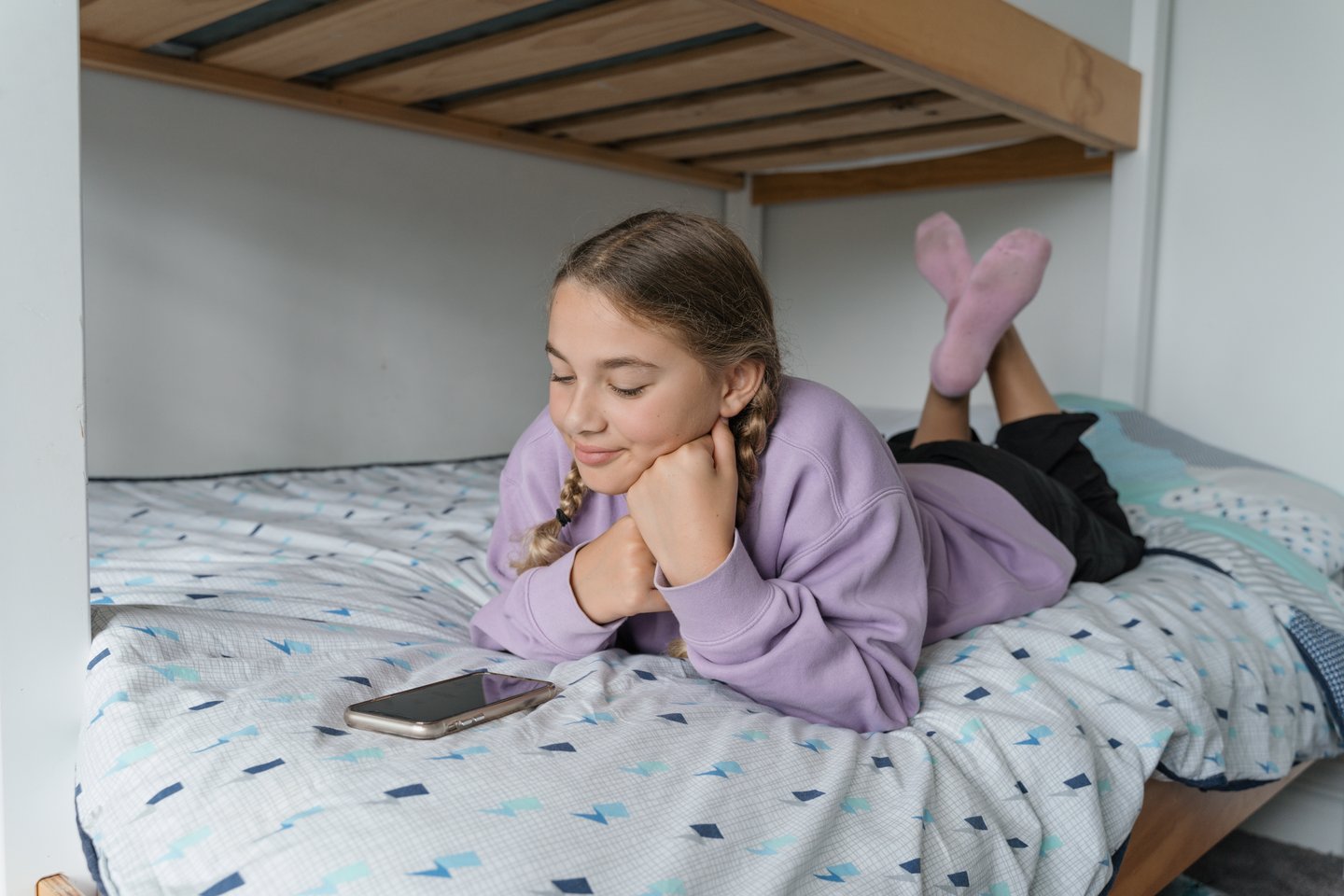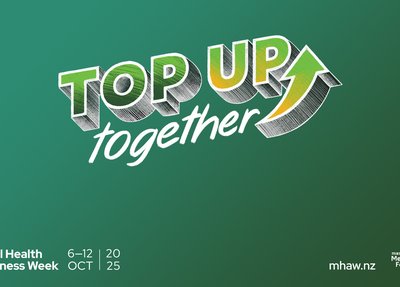
Abuse or amuse? Navigating media platforms in 2024
Caitlin on May 22, 2024
This blog is written by Eloise, a media studies student from Nayland College. It is the second in a series of guest blogs in celebration of Media Literacy week 2024.
During Media Literacy Week we encouraged and supported media studies students to write guest blogs about their personal experience of media and staying safe when using media.
The Media Literacy Week aims to “equip secondary students with vital skills to navigate the complexities of the digital age, fostering critical thinking and resilience in the online realm”. It’s run during Term 2 at schools and kura around Aotearoa New Zealand.
Here at Te Mana Whakaatu – Classification Office we love media literacy. Being aware of media, how to use it, interpret it, decode it, and verify it, means we can be safe out there. We tautoko this education push to improve media literacy for rangatahi.
Read on for Eloise's blog tagged to the media theme of 'Use'.
As media consumption is becoming more common and Mark Zuckerberg’s empire grows at rapid speeds, it’s becoming increasingly harder for parents to control their children’s online content intake. Keeping you and your children safe online is vital when letting the little ones watch their own series. Because of this, streaming services and online platforms have begun to implement safety precautions to keep younger generations safe.
So, how do I keep myself safe and dodge the digital junkyard?
In some cases, you must keep yourself safe when doing anything online – playing video games, watching a movie, or scrolling on social media. In cases where a movie or series is rated “M” for mature audiences; I recommend researching it beforehand if you are skeptical about its contents. I’ve heard my fair share of people say that it’s better to go into a movie blind, but I’d rather know the gist of a movie than get a flashbang of content I didn’t want to see. IMDB, a website that includes information about movies, series episodes and video games, has an extremely helpful tool – the parent guide – that users can add to which breaks down all the content in a movie or series episode that may be harmful to viewers. However, you should be wary that these can be edited at any time by a registered user, so information may be incorrect or misleading. The website also doesn’t consider New Zealanders values and experiences so sometimes the recommendations might not align with us here Aotearoa. If you’d like something more upbeat, Letterboxd is a free to download app where you can search movies to review, rate and read others’ opinions on a movie. It is a fun and lighthearted way to engage with others and see entertaining reviews from regular chips off the block rather than real critics who seem to have no sense of happiness in their lives.
In my personal experience, if a video comes up on apps like TikTok or Instagram that I don’t like the content of, I will select ‘not interested’ in the videos settings menu to prevent similar content from gracing my eyes on my feed. You can also block hashtags, meaning any videos that have that specific hashtag will not come up on your feed whatsoever, so you don’t have to worry about seeing content that doesn’t align with your preferences. This gives you the power to manipulate the algorithm to work exactly how you like it – you are in control of what you see. Definitely an ego-boost in my opinion.
Parental controls – the guardians of the remote
Parental controls are another tool used in streaming platforms to help parents monitor what their kids are watching. They provide an easier way to keep track of the movies and/or shows your family are watching. As technology has evolved, so have parental controls – from simply inputting a pin on an 18+ channel to completely removing all inappropriate content on a child’s profile, they have remained important in ensuring a child is consuming the correct media. I have a lot of experience with parental controls, as they have conquered my entire life since my family first let me control the Freeview remote at the ripe age of seven, which I believe has served me well. Being exposed to harmful content at such a young age could drastically affect a child, so it is crucial to establish boundaries for them to help tackle this ‘online epidemic’ that seems to be embellishing our world. For more information about parental controls check out the parental controls page on the Classification Office website.
Media: From Rabbit Holes to Grubby Little Hands
I think media intake and the way it can be perceived is significantly greater than it could have been ten or so years ago. However, it can be both harmful and helpful in 2024 – media can take us down interesting rabbit holes that we didn’t even know existed, to cure our boredom on a Sunday afternoon. But on the contrary, harmful media can sneak its way into our lives and affect us deeply. These controls we have at our disposal can hugely change the way we absorb media online and can prevent harmful content from latching its grubby little hands on our thoughts.
Read the other guest blogs in our 2024 Media Literacy series:
Subscribe to our blog
Stay up to date with the Classification Office blog.


